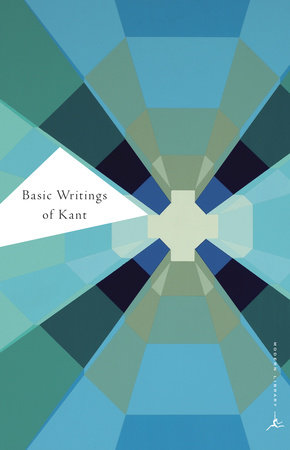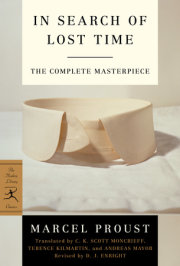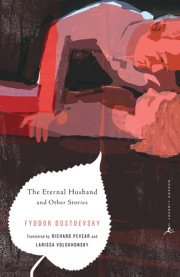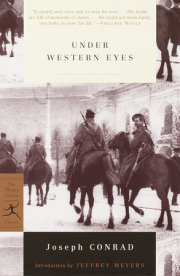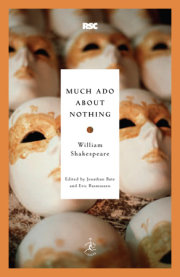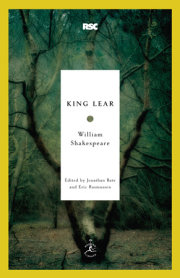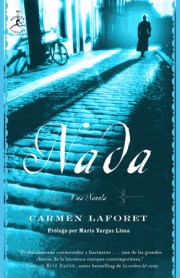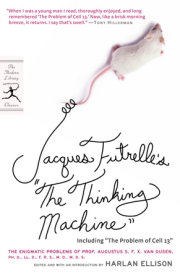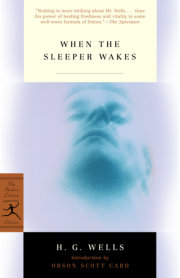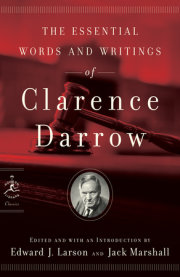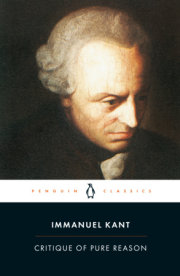The Transcendental Doctrine of Elements
First Part.
Transcendental Aesthetic.Whatever the process and the means may be by which knowledge reaches its objects, there is one that reaches them directly, and forms the ultimate material of all thought, viz. intuition (Anschauung). This is possible only when the object is given, and the object can be given only (to human beings at least) through a certain affection of the mind (Gemüth).
This faculty (receptivity) of receiving representations (Vorstellungen), according to the manner in which we are affected by objects, is called sensibility (Sinnlichkeit).
Objects therefore are given to us through our sensibility. Sensibility alone supplies us with intuitions (Anschauungen). These intuitions become thought through the understanding (Verstand), and hence arise conceptions (Begriffe). All thought therefore must, directly or indirectly, go back to intuitions (Anschauungen), i.e. to our sensibility, because in no other way can objects be given to us.
The effect produced by an object upon the faculty of representation (Vorstellungsfähigkeit), so far as we are affected by it, is called sensation (Empfindung). An intuition (Anschauung) of an object, by means of sensation, is called empirical. The undefined object of such an empirical intuition is called phenomenon (Erscheinung).
In a phenomenon I call that which corresponds to the sensation its matter; but that which causes the manifold matter of the phenomenon to be perceived as arranged in a certain order, I call its form.
Now it is clear that it cannot be sensation again through which sensations are arranged and placed in certain forms. The matter only of all phenomena is given us a posteriori; but their form must be ready for them in the mind (Gemüth) a priori, and must therefore be capable of being considered as separate from all sensations.
I call all representations in which there is nothing that belongs to sensation, pure (in a transcendental sense). The pure form therefore of all sensuous intuitions, that form in which the manifold elements of the phenomena are seen in a certain order, must be found in the mind a priori. And this pure form of sensibility may be called the pure intuition (Anschauung).
Copyright © 2001 by Immanuel Kant. All rights reserved. No part of this excerpt may be reproduced or reprinted without permission in writing from the publisher.

